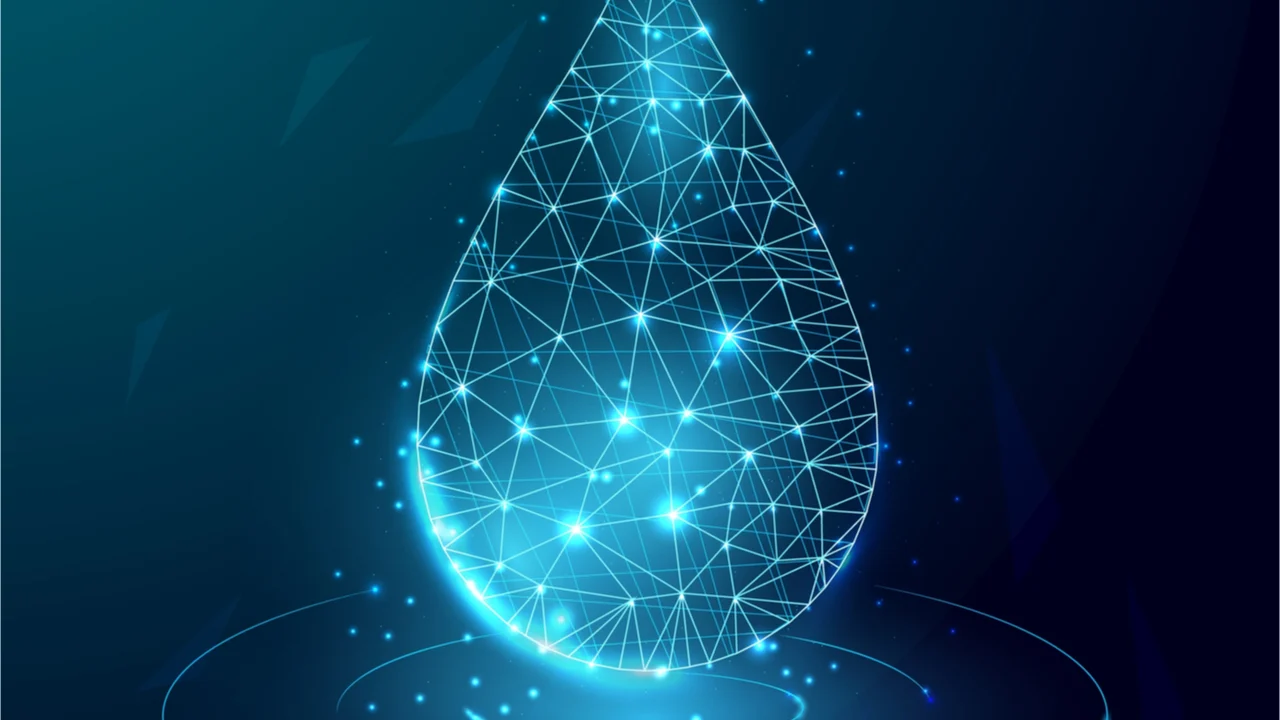What Is Water Rights
Water rights are legal entitlements to utilize a specified quantity of water from a source. Water rights can be rivers, lakes, or underground reserves. Water rights belong to individuals, farms, or corporations in most countries. Water rights can be traded, rented, or transmitted as land is.
But managing water rights is not easy. Many systems are outdated or lack transparency. Disputes over water access are common. In some areas, powerful groups may control most of the water. Small communities and farmers often suffer.
That’s why tokenizing water rights is being seen as a potential game-changer.
Understanding Tokenized Resources
A tokenized resource is a real-world asset represented by a digital token on a blockchain. This can include property, energy, and now, even water. With blockchain, each token contains secure and trackable information. It shows who owns the asset, how it is used, and when it is traded.
In the case of water rights, this means each right can be turned into a digital token. This makes it easier to buy, sell, or lease water access. It can also bring fairness and transparency to water markets.
Here’s how it works:
|
Element |
Traditional Water Rights |
Tokenized Water Rights |
|
Ownership |
Often recorded on paper |
Stored securely on blockchain |
|
Transfer |
Slow, requires legal steps |
Fast, peer-to-peer trades |
|
Tracking |
Hard to monitor usage |
Real-time digital tracking |
|
Transparency |
Limited access to records |
Public and verifiable ledger |
How Blockchain Helps in Resource Management
Blockchain is a digital system where records are stored in blocks and linked in a chain. It is secure, transparent, and cannot be changed easily. This makes it ideal for resource management, especially when dealing with limited supplies.
Here are five key benefits of using blockchain sustainability tools for managing water rights:
- Transparency – Everyone can view who owns what and how much water is being used.
- Security – Transactions are protected by encryption and cannot be easily altered.
- Efficiency – Trades and transfers of water rights happen faster and with fewer middlemen.
- Trust – People trust the system because rules are clear and data is public.
- Scalability – The system can handle growing water markets across regions and countries.
The Rise of Water Markets
Water markets are platforms where people and companies trade water rights. These markets already exist in countries like Australia and the U.S. However, they are often limited to certain regions and come with complex rules.
By using blockchain, water markets can become more open and efficient. Tokenized resources can move freely between users, even across borders. Smart contracts can automate trades based on need, weather patterns, or seasonal demands.
Example: A farmer in California may not need water during the rainy season. Instead of wasting it, they can sell their tokenized water rights to someone in a dry area. This makes water use smarter and more balanced.
Challenges to Tokenizing Water Rights
While the idea sounds promising, there are still challenges. Not all countries have laws that support digital assets. Some regions may resist giving up traditional systems. Also, there’s a risk that water could be treated as just another commodity, instead of a human right.
Here are the main hurdles:
- Legal barriers – Water rights vary widely by country and region.
- Digital access – Some areas lack internet and blockchain infrastructure.
- Community trust – People may not trust new systems at first.
- Cost of entry – Setting up blockchain platforms requires funding and technical skill.
Crypto’s Role in Future Water Sustainability
Despite the challenges, crypto tools can play a strong role in future resource management. Blockchain sustainability is not just about profits – it’s about fairness, access, and accountability.
As climate change puts more pressure on water supplies, smart solutions are needed. Tokenized resources can make water markets more flexible and fair. They can help shift control from a few powerful hands to a wider network of users.
Many startups and environmental groups are already testing these ideas. From Africa to South America, digital pilots are helping small farmers manage their water better. These early examples could shape global systems in the coming years.
The tokenization of water rights is more than a tech trend. It’s a serious move toward better and more equal resource management. By using blockchain, we can make water markets more open, efficient, and just.
